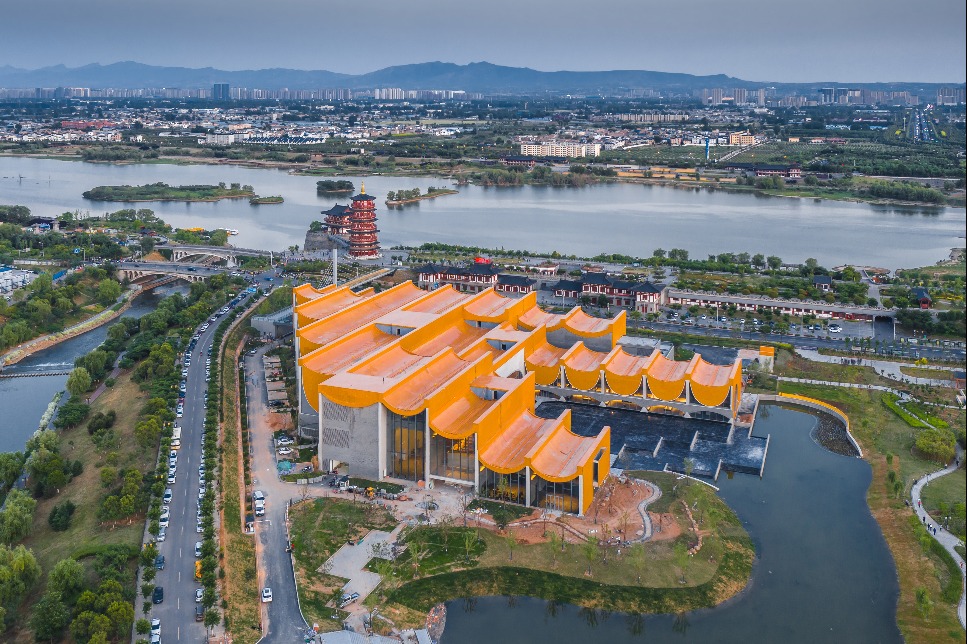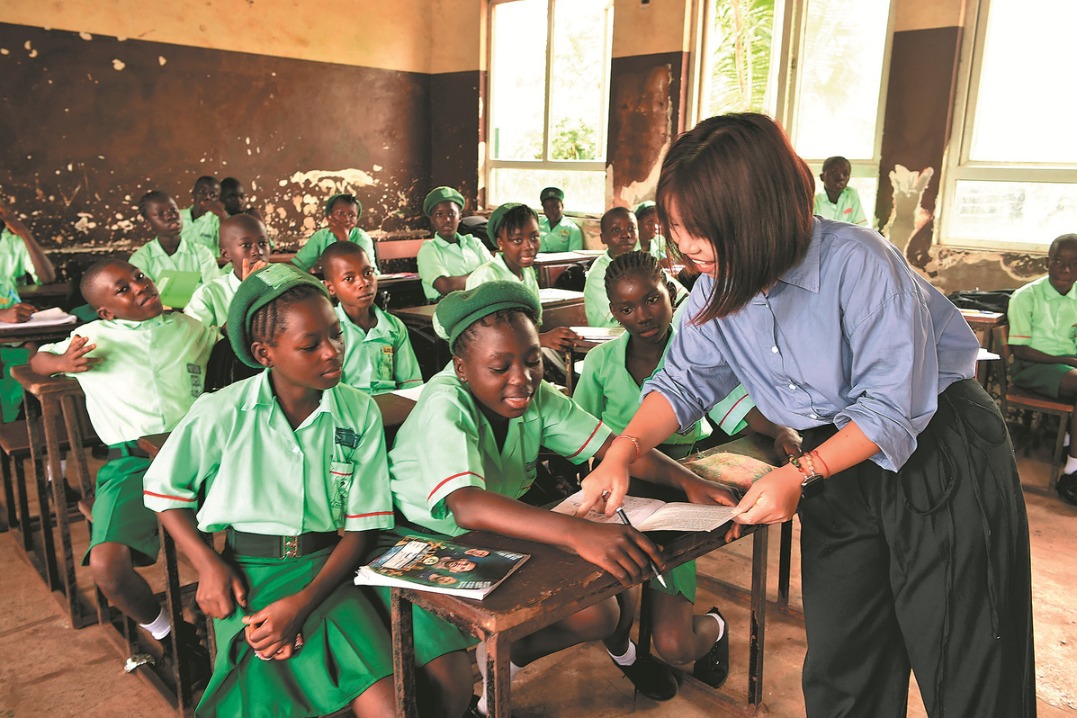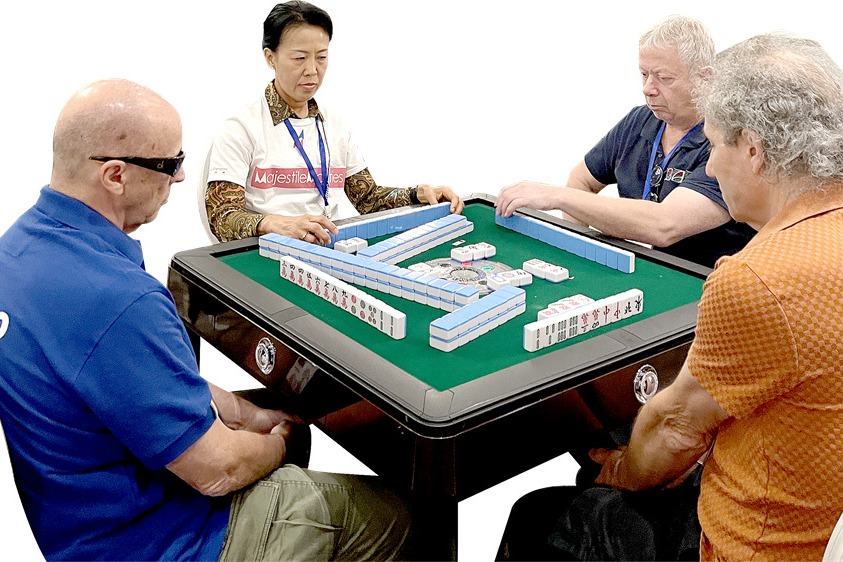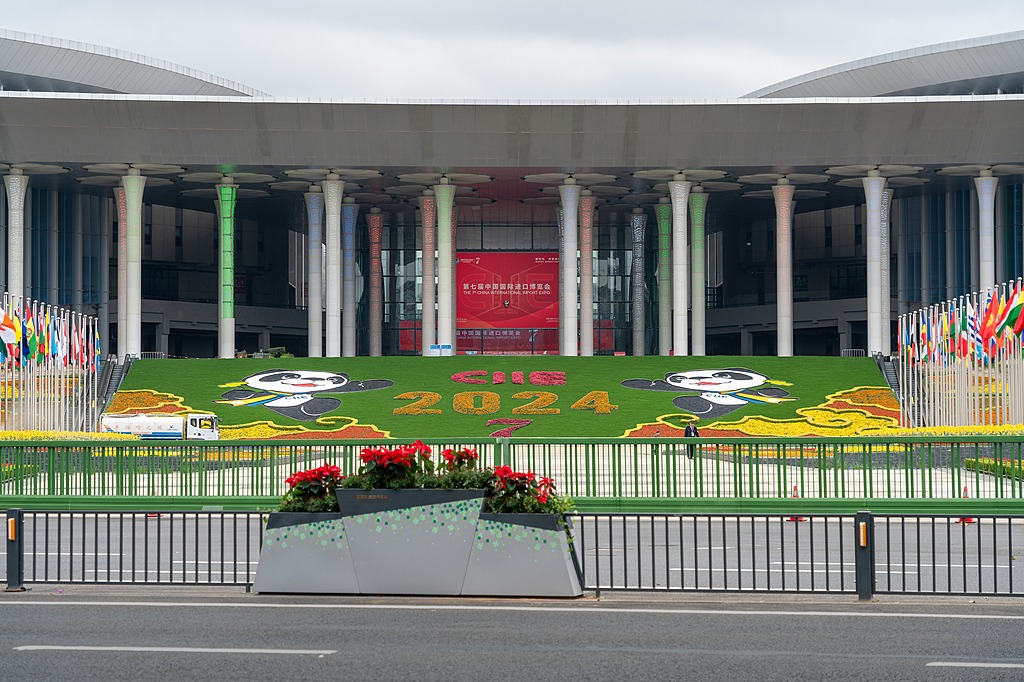Legislative outreach offices strengthen China's democratic lawmaking
Xinhua | Updated: 2021-11-03 15:31

BEIJING -- In early 2021, a senior resident in the city of Xiamen, Fujian province, visited a local community residents' committee that also serves as a legislative outreach office, to address a genuine concern.
"The stairs of overpasses in the city are too high and steep for old people. Is there anything the people's congress can do about it?"
After looking into the matter, the local legislative affairs commission found that many infrastructures in the city were not elderly-friendly enough.
Consequently, certain provisions were added to the local regulation on protecting the rights of senior citizens, which came into effect on July 1 this year.
This is only one example of how the outreach offices facilitate people's participation in the lawmaking process.
As China's top legislature, the National People's Congress adheres to the principle of whole-process people's democracy in legislation. To this end, the NPC and its standing committee have established a number of channels to boost the people's participation in the process of lawmaking.
One of the most innovative channels is the concept of legislative outreach office. These offices are directly associated with the standing committees of the people's congresses at all levels, and this is where the people can express their expectations for future laws and offer relevant suggestions.
The first four such offices were established by the Legislative Affairs Commission of the NPC Standing Committee in 2015. As of July this year, a total of 22 offices had been set up throughout the country.
Regional legislative bodies have established outreach offices as well. So far, 427 offices have been established by standing committees of provincial-level people's congresses while 4,350 have been set up in cities with subsidiary districts, forming a tiered, interconnected system that helps with legislation at both regional and national levels.
As of October this year, offices set up by the Legislative Affairs Commission of the NPC Standing Committee have gathered more than 7,800 public opinions on 126 draft laws and annual legislative plans, such as the Civil Code, the law on the protection of minors, and the anti-food waste law. Among these opinions, around 2,200 have been incorporated into the lawmaking process, while some suggestions were reflected in various laws and plans.
"The outreach offices connect the country's highest state organ of power and people at the primary level," said Tong Weidong, an official with the Legislative Affairs Commission of the NPC Standing Committee.
Opinions of the people can reach the country's legislative bodies through these offices, their wisdom is pooled in the process of lawmaking, and their aspirations and sentiments are reflected in laws that are formulated, Tong explained.
"It is an epitome of the development of whole-process people's democracy."
























